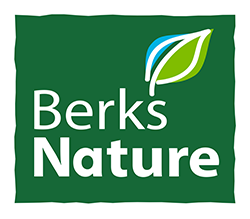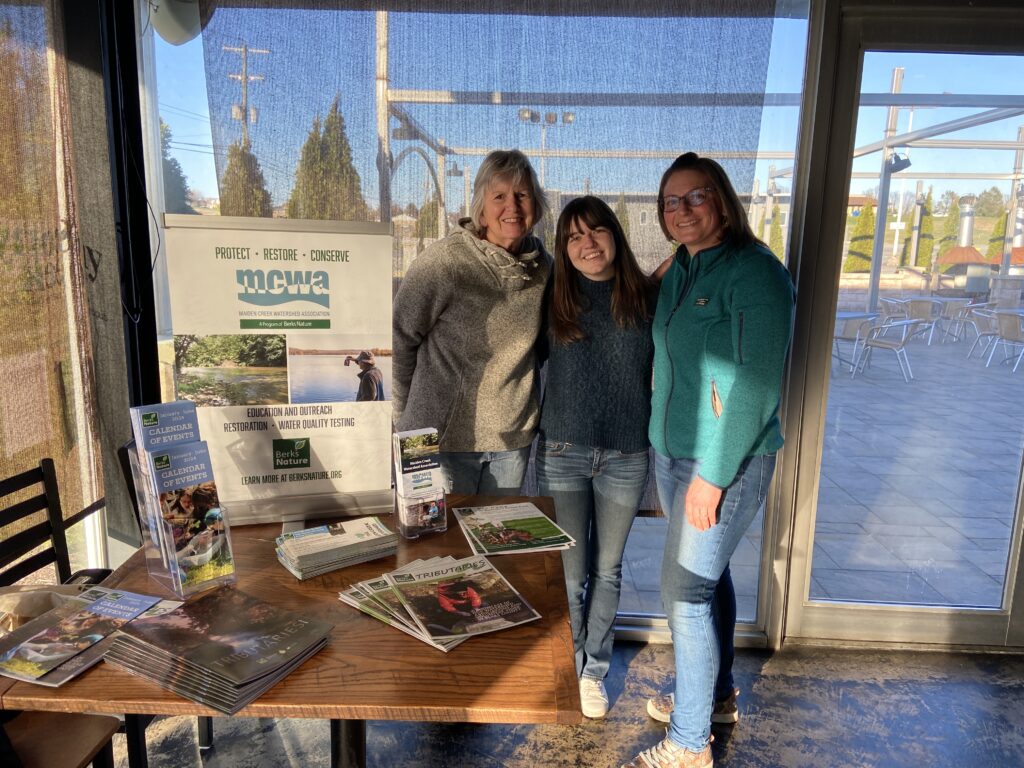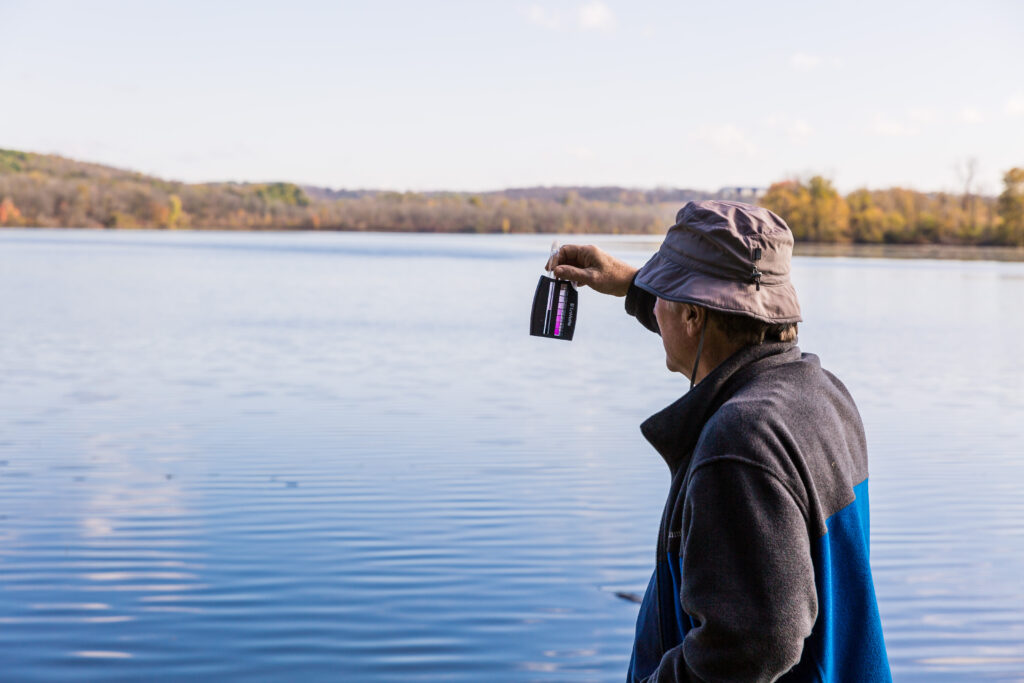As a program of Berks Nature, Maiden Creek Watershed Association (MCWA), has the mission to monitor, conserve, and restore the Maiden Creek Watershed through active and consistent stewardship practices. This mission is advanced primarily through educational outreach and partnership within the community to sustain the Maiden Creek watershed’s recreational and natural resources for years to come.
Maiden Creek Watershed Association
Who We Are
Where We Are
Maiden Creek is a 20.3-mile-long tributary of the Schuylkill River in Berks County, Pennsylvania. In fact, the Maiden Creek is the second largest tributary to the Schuylkill River! Maiden Creek stems from the confluence of the Ontelaunee and Kistler Creeks in the community of Kempton. The Maiden Creek Watershed covers approximately 216 square miles in northeastern Berks and Northwestern Lehigh counties.
In 1926, the Maiden Creek was dammed to create Lake Ontelaunee, a 1,082-acre reservoir to extend and improve the water supply to the City of Reading. Lake Ontelaunee supplies drinking water to the Greater Reading population with approximately 15 million gallons of water daily.

Become A Member
The Maiden Creek Watershed Association typically meets on the 2nd Tuesday of each month at 4:30 pm at the Ontelaunee Township Building, Reading.
For more information on becoming a member or getting involved, join us at an up-coming meeting or contact Beckey Seel, Berks Nature’s Volunteer Coordinator.
Beckey.Seel@berksnature.org
610-372-4992 x103
What We Do
The volunteers of the Maiden Creek Watershed Association are proud to protect the Maiden Creek watershed, its abundance of recreational opportunities, and the clean and abundant drinking water it supplies to downstream communities.
Current Projects
Baseline Monitoring of the Maiden Creek's Health
After a brief hiatus, the Maiden Creek Watershed Association (MCWA) has resumed stream monitoring throughout the Maiden Creek watershed in an effort to better understand and protect Reading’s drinking water resource: Lake Ontelaunee.
To perform this monitoring, the volunteers of MCWA employ the protocols put forward by GLOBE (Global Learning and Observations to Benefit the Environment). Educators and scientists from all walks of life (and all over the world) use the GLOBE Program to collect and share environmental data.
As a community scientist, the MCWA volunteers use GLOBE’s free app, GLOBE Observer, to document and submit their stream health data. The GLOBE Observer app provides training and guidance to ensure accurate and reliable measurements that GLOBE’s international community of scientists (including NASA) can rely upon.




